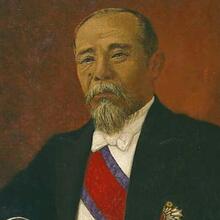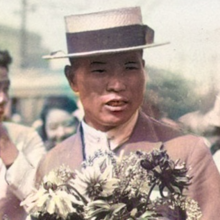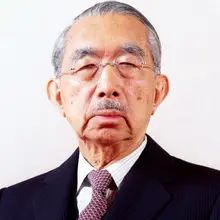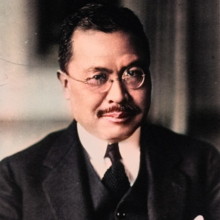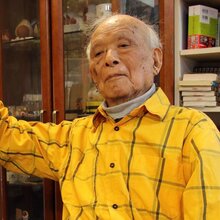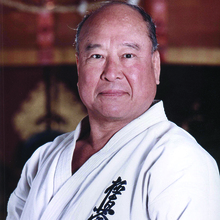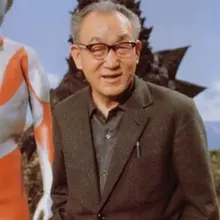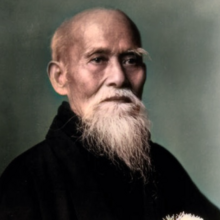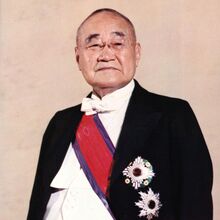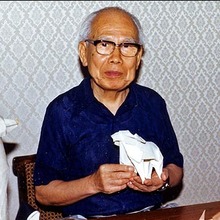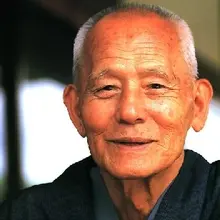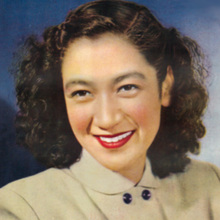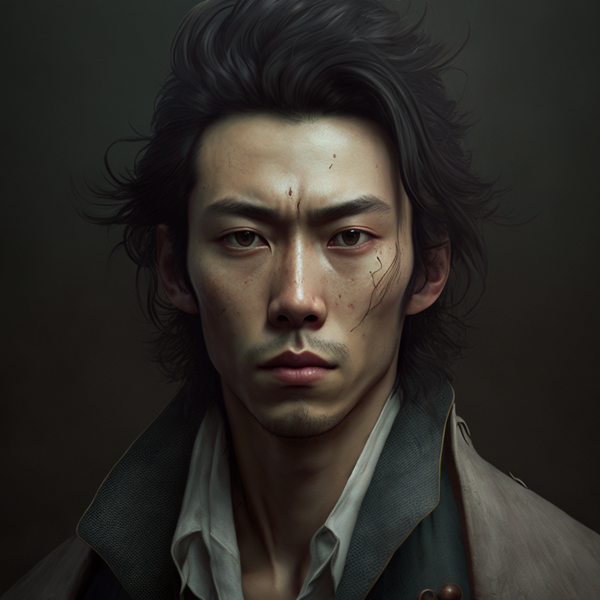
Personal
Other names:
Chokodo Shujin
澄江堂主人
Job / Known for:
Short story writer
Left traces:
Rashōmon, In a Grove, The Spider's Thread, etc.
Born
Date:
1892-03-01
Location:
JP
Kyōbashi, Tokyo, Japan
Died
Date:
1927-07-24 (aged 35)
Resting place:
JP
Death Cause:
Drug overdose
Family
Spouse:
Fumi Tsukamoto
Children:
Hiroshi, Takashi, and Yasushi Akutagawa
Parent(s):
Toshizō Niihara and Fuku Akutagawa
QR Code:
 My QR code:
Ryunosuke Akutagawa
https://DearGone.com/11992
My QR code:
Ryunosuke Akutagawa
https://DearGone.com/11992
Key Ownner:
Not yet supported by key owner
Show More
Rank
Users ranking to :
Thanks, you rate star
Ranking
5.0
1
Fullname
Ryunosuke Akutagawa
Fullname NoEnglish
芥川 龍之介
Slogan
It is unfortunate for the gods that, unlike us, they cannot commit suicide
About me / Bio:
Show More
Article for Ryunosuke Akutagawa
Died profile like Ryunosuke Akutagawa
Comments:
